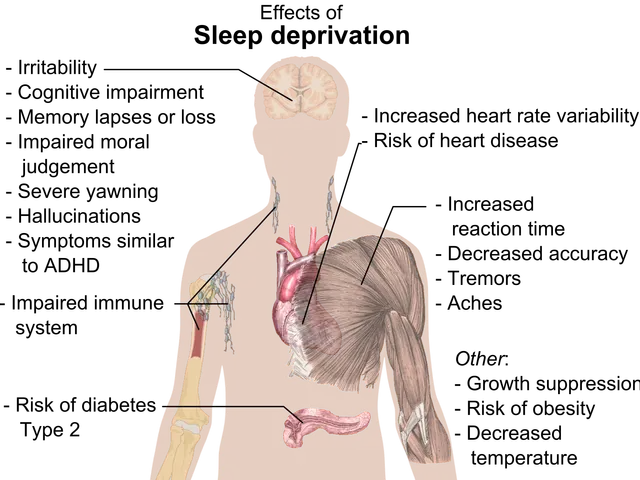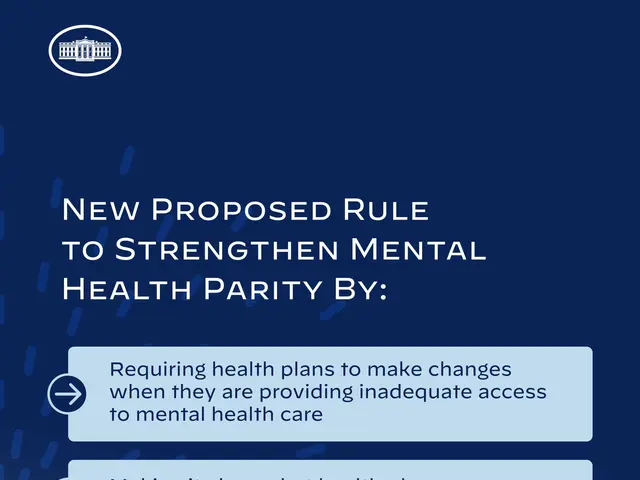Coffee Consumption Linked to Health Benefits, Not Cancer Risk
Recent studies have found no link between coffee consumption and an increased risk of cancer. In fact, moderate coffee drinking may offer health benefits.
The International Agency for Research on Cancer (IARC) reviewed over 1,000 studies and found no conclusive evidence that coffee causes cancer. A large review of studies also found no significant association between coffee consumption and several cancers, including colorectal, pancreatic, and breast cancer. Instead, coffee consumption has been linked to a lower risk of total mortality, cardiovascular diseases, and neurological diseases.
While acrylamide, a chemical found in coffee, was initially thought to increase cancer risk, recent studies have not supported this link. The California Office of Environmental Health Hazard Assessment decided against a warning label for coffee after reviewing data on its safety. The WHO's IARC does not classify coffee as carcinogenic, but very hot beverages above 65°C can increase the risk of esophageal cancer. However, this is not typically an issue with coffee in the U.S. due to serving temperatures.
Current research does not support a link between coffee and cancer. Instead, moderate coffee consumption may offer health benefits. As always, it's important to consider individual health factors and consult with a healthcare provider regarding coffee consumption.
Read also:
- FDA's Generic Mifepristone Approval Sparks Pro-Life Concerns Over Safety and States' Rights
- Understanding Child Development: Causes and Signs of Delays
- Top Superfoods for Hormonal Health: Avocados, Berries, Flaxseeds, Turmeric, and Cruciferous Veggies
- Pope Francis' New Book 'Let Us Dream' Offers Unity and Hope for Post-Covid World







